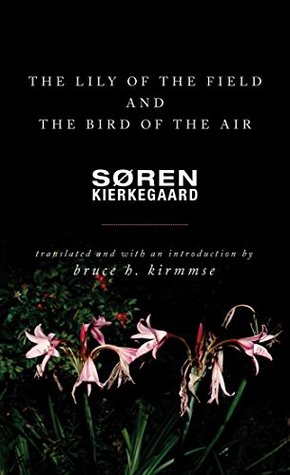More on this book
Kindle Notes & Highlights
Read between
September 30 - October 9, 2024
For Kierkegaard, Christianity is a moral and spiritual exercise that has the ultimate purpose of teaching human beings their imperfection, their weakness and selfishness, in the face of the perfection, majesty, and absolute otherness of God.
Kierkegaard’s theology the selfless suffering of Jesus Christ is meant to confront us human beings with our radical inadequacy and our selfishness, humbling us in our need for grace.
You shall in the deepest sense make yourself nothing, become nothing before God, learn to keep silent. In this silence is the beginning, which is first to seek God’s kingdom.
He had thought that to pray was to talk; he learned that to pray is not only to keep silent, but to listen. And that is how it is: to pray is not to listen to oneself speak, but is to come to keep silent, and to continue keeping silent, to wait, until the person who prays hears God.
Only by keeping silent does one encounter the moment. When one speaks, even if one says only a single word, one misses the moment. Only in silence is the moment.
it so rarely happens that a human being properly comes to understand when the moment is and how to make proper use of the moment—because he cannot keep silent.
And even if what you suffered in the world were as agonizing as anything ever experienced, you shall acknowledge the lily and the bird as your teachers and not become more important to yourself than the lily and the bird are to themselves in their little cares.
Seek first God’s kingdom; that is, become like the lily and the bird; that is, become utterly silent before God: then all the rest will be added unto you.
He knew from eternity—and he knows from thousands upon thousands of years of daily experience—he knew from eternity that as long as temporality lasts, and human beings with it, he must be the God of patience, for otherwise human disobedience would be unendurable.
What is joy, or what is it to be joyful? It is truly to be present to oneself; but truly to be present to oneself is this “today,” this to be today, truly to be today. And the truer it is that you are today, the more you are entirely present to yourself in being today, the less does tomorrow, the day of misfortune, exist for you. Joy is the present time, with the entire emphasis falling on the present time.


